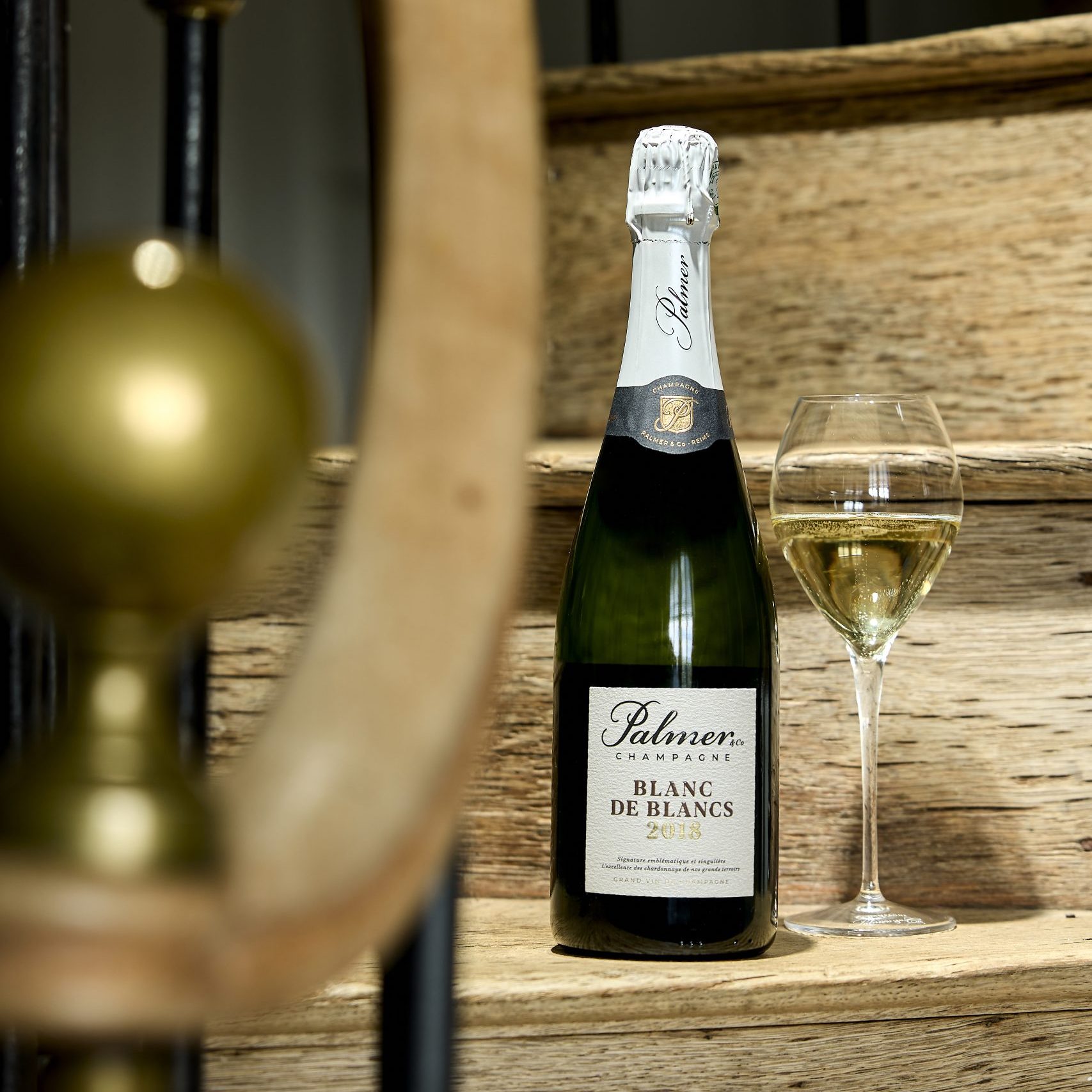SA Chenin nears “tipping point”
Chenin Blanc from South Africa is approaching a “tipping point”, according to one of the variety’s biggest pioneers, Ken Forrester.
The winemaker, whose own FMC has done much to promote the potential of this widespread but historically under-rated grape variety, reported a growing enthusiasm for Chenin Blanc, saying: “It’s building its own momentum now.”
The most recent figures from 2010 show that Chenin represents 18% of South Africa’s total hectares under vine, compared to the 10% share for Sauvignon Blanc and 8% share for Chardonnay.
However, while these latter two varieties have seen their proportions more than double since 1990, plantings of Chenin almost halved in that time, as many winemakers put their faith in more widely available international grapes.
However, Forrester, who is also head of the Chenin Blanc Association, is convinced of a reversal in the variety’s fortunes. “More producers are planting Chenin and making serious wine,” he confirmed.
This view of a resurgence was supported by Pieter du Toit, marketing manager for Cederberg. With the winery’s production neatly balanced between Sauvignon and Chenin, du Toit confirmed a recent shift in fashion towards the latter.
“It’s so funny to watch the ‘trendies’,” he remarked. “A few years ago they didn’t like Chenin, but now they’re buying it and this is the second year it’s sold out first. I don’t think you can ignore the trend.”
Partner Content
Praising the variety’s potential for longevity when handled correctly, Forrester pointed to Chenin’s high natural acidity, “a great preservative”, as he maintained that the variety “can go pound for pound, year for year against Chardonnay.”
To prove this point, Forrester recently held a 10 year vertical tasting of his FMC wine in South Africa, followed by a five year version in the UK.
Forrester also pointed to the variety’s rising popularity as a blending component, especially in warmer regions such as Swartland, “where it’s too hot for Chenin on its own.” Explaining its appeal, Forrester observed: “It provides a lovely neutral structure for blending and breadth of palate.”
Adding further weight to Chenin’s cause is the large number of old vines in South Africa, many of which were previously neglected or saw their fruit sent to co-ops. However, as the variety comes back into fashion, Forrester remarked, “they’re now emerging as a bit of a gem.”
A more detailed report on developments within South Africa’s premium white wines will appear in the March issue of the drinks business.





The new popularity of Chenin in SAfrica is due largely to the efforts of a few young winemakers in the Swartland region, who through their Swartland Revolution, has given the region a new status and excitement. Credos to Adi Badenhorst, Eben Sadie and Chris Mullineax for their exciting and exceptional Chenin’s made from bushvines Suddenly the ‘big Boys” of the wine fraternity in SAfrica are apparently now also buying grapes from there!
About time this underrated varietal became “discovered”, especially in the fickle, trendy American market. South Africa produces Chenin Blancs with real character and some diversity of styles and sweetness. Matched properly with the right foods, it rivals both SB and Chardonnay for versatility of use. However, the American market has long standing prejudice
against Chenin Blanc as a “cheap wine grape”, usually far too sweet to be sophisticated in its use. I’ve done wine programs with even wine club members who turn up their noses at wines with the varietal named, yet will gladly imbibe Vouvreys from France-never realizing the varietal used there. More promotions of Chenin Blanc in the US might help considerably-a little education and anothe option to offer the “ABC” crowd.
RW Bentley CWS CWE
Ouch! This fickle, trendy American recently had the chance to taste at both Ken Forrester and Chris Mullineux. I’m ready to give SA Chenin its due spot in the cellar, just next to the riper entries of the Loire section.